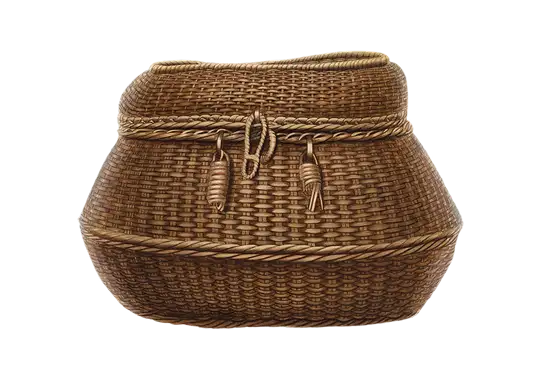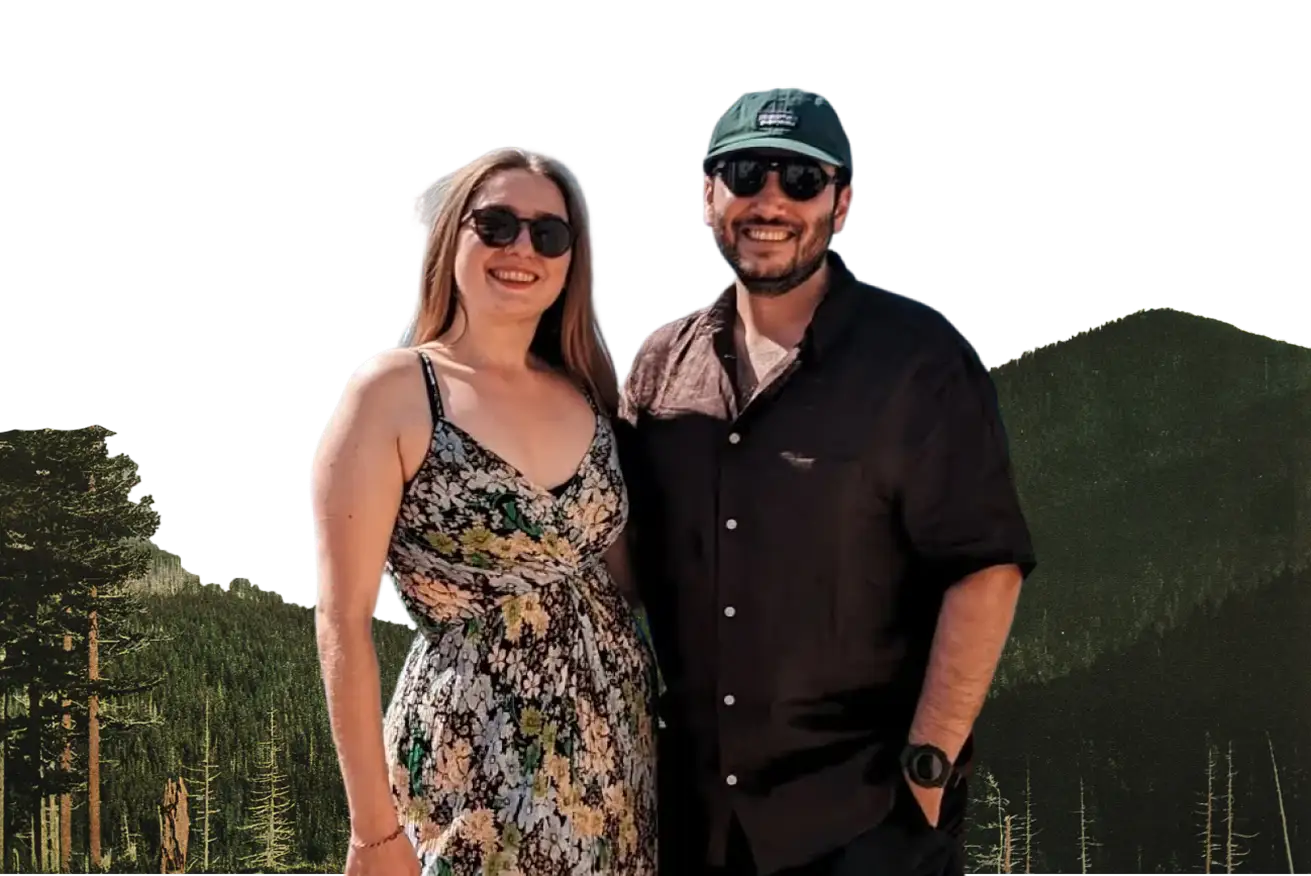In the incredibly lush, green, and often cloud-covered mountains of Turkey's Karadeniz (Black Sea) region, a pharmacy of a different kind has thrived for centuries – one provided directly by nature itself. The steep slopes, deep valleys, and high-altitude pastures (yaylas) of the Pontic Alps are home to an extraordinary biodiversity (a wide variety of plant and animal life). For generations, the people living in this unique environment have developed an intimate knowledge of the local flora (plants of a particular region), learning to identify and use a vast array of herbs, flowers, roots, and berries for medicinal purposes, for nourishment, and for overall well-being. This traditional wisdom, often passed down through families, particularly by women, represents a vital, living connection between people and their rich natural surroundings.
For us, Ola and Riza, encountering the sheer abundance of plant life in the Karadeniz and learning about its traditional uses was a fascinating discovery. It makes one appreciate the depth of traditional ecological knowledge and ponder how such ancient wisdom coexists with, and sometimes informs, modern approaches to health. This exploration delves into the "mountain pharmacy" of the Black Sea, looking at its traditional herbal practices and their lasting significance.
A Land of Rich Flora: The Biodiversity of the Pontic Alps
The Karadeniz region, with its high rainfall, temperate climate (though with distinct seasons), and varied altitudes, is one of Turkey's, and indeed Europe's, most important areas for plant biodiversity. The Pontic Alps, which run parallel to the Black Sea coast, create a multitude of microclimates and habitats, from dense forests of beech, fir, and spruce at lower levels, to vibrant alpine meadows bursting with colourful wildflowers on the high yaylas in summer.
This rich environment has provided a natural laboratory for local communities to learn about the properties of plants. Over centuries, through trial, error, and careful observation, people have identified plants with healing qualities – those that can soothe aches, aid digestion, help with colds, or dress wounds – as well as those that are nutritious or can be used for dyes, teas, or other household purposes. This deep, place-based knowledge is a form of ethnobotany: the scientific study of the traditional knowledge and customs of a people concerning plants and their medical, religious, and other uses.
Wisdom Passed Down: Traditional Herbal Practices
The traditional use of medicinal plants in the Karadeniz is often a family or community affair, with knowledge passed down orally from elders to younger generations, frequently from mothers and grandmothers to their daughters and granddaughters. While there may have been (and sometimes still are) local healers or "wise women" known for their particular expertise, much of this knowledge was integrated into everyday life. Common traditional preparations might include herbal teas (bitki çayları) made from dried or fresh leaves, flowers, or roots of various plants like linden flower (ıhlamur), rosehip (kuşburnu), or sage (adaçayı), all widely consumed for their perceived health benefits. Poultices and compresses, using crushed fresh leaves or herbal preparations, were often applied directly to the skin to reduce inflammation or ease pain. Plants were also steeped in oil or made into ointments for skin conditions or muscular aches. Even pekmez (fruit molasses), while often made from grapes or mulberries, might traditionally be infused with specific herbs in this region for added health benefits.
It's important to note that this traditional knowledge is based on long experience and observation within a specific cultural and environmental context. While some traditional remedies have been found by modern science to contain active compounds with medicinal properties, others may be based more on belief or have effects that are not yet fully understood by conventional medicine.
The Aktar: Traditional Herbal Shops
In many Turkish towns and cities, including those in the Karadeniz region, you can still find traditional herbalist shops called aktar. These fascinating shops are often treasure troves of dried herbs, spices, flower waters, natural soaps, traditional oils, and various other plant-based products. Stepping into an aktar can feel like entering an old-world apothecary, with shelves lined with jars and bundles of fragrant botanicals. Shopkeepers are often knowledgeable about the traditional uses of their wares, though the emphasis today is usually on general well-being, traditional culinary uses, or cosmetic applications, rather than making direct medical claims. These shops serve as a living link to the long history of herbal wisdom in the region, even as modern pharmacies provide conventional medicines.
The Enduring Value of Nature's Pharmacy
The rich tradition of herbal knowledge in the Karadeniz, born from its exceptional biodiversity, offers several important lessons. It clearly shows that nature itself can be a foundation for well-being, and that the accumulated wisdom of local communities about their environment – what we call Traditional Ecological Knowledge (TEK) – is an invaluable cultural resource, often holding insights that modern science is still exploring. This traditional approach often views health in a holistic way, considering the balance of the body and its connection to nature, a perspective that can enrich modern medical understanding. Furthermore, it’s important to recognise that in many cultures, including in parts of the Karadeniz, women have traditionally been the primary keepers and transmitters of this vital herbal knowledge within families and communities.
The "mountain pharmacy" of Turkey's Black Sea coast, with its deep roots in the region's extraordinary biodiversity and generations of human wisdom, is a precious cultural and natural heritage. While modern medicine offers indispensable advancements, the traditional understanding of healing plants and their uses provides a powerful reminder of our profound connection to the natural world. Exploring this aspect of Karadeniz culture enriches our appreciation for both its stunning landscapes and the resourceful, observant nature of its people, urging us to value and learn from such enduring traditional knowledge.
.svg)




